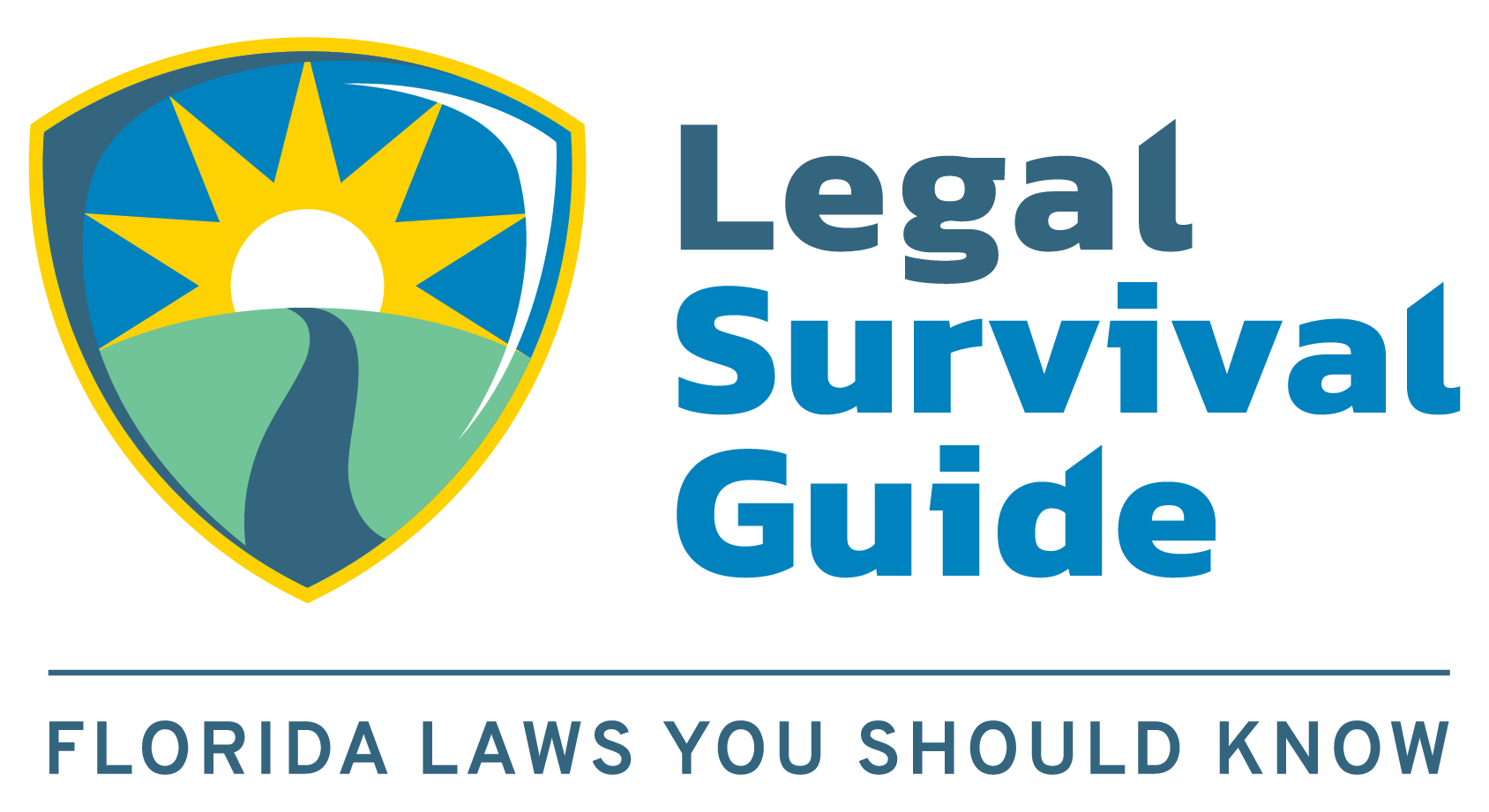Internet Law
From Instagram and Snapchat to TikTok and texting, there are endless ways to connect with friends. But there are certain laws and responsibilities that come with communicating through these platforms.
Social Media Responsibility
Social media sites are developed as a tool to communicate with others by sharing personal information, photos, videos, comments, keeping up with current events, and more. Community sites with user-generated content should be used responsibly. As is the case with the Just Adulting site, links to websites and other resources operated by third parties are provided solely as a convenience to the user.
Generally, when using social media, it is a common assumption that all users are solely responsible for their content – including posts, comments, likes, shares, tweets, re-tweets, follows and favorites. When posting online, you should always assume that nothing on social media is private. Keep in mind all content posted on social media is subject to lawful requests made by governmental and judicial authorities.
Practicing favorable online behavior is best achieved when adhering to these social media etiquette standards:
- Do not post any comments, photos, videos, etc. that suggest or encourage illegal activity.
- Avoid violating any laws and regulations, including intellectual property (IP) rights and others regarding content that you send or receive.
IP is divided into two categories:
-
- Industrial Property – patents, trademarks, and industrial designs
- Copyright – includes works of art, literature, music, and computer programs
- Never transmit any material in any manner that is disruptive, threatening, profane, abusive, harassing, embarrassing, tortious, defamatory, obscene, libelous or is an invasion of another’s privacy.
- Never transmit any material that is hateful, racially, ethnically, or otherwise offensive. Cyber-bullying is never appropriate.
- Avoid sending unsolicited or unauthorized advertising, promotional materials, or any other form of solicitation.
- Never upload any software that could breach cyber security, such as malware, viruses, key loggers, trojans, etc.
- If you connect your job with your personal social media profile, keep in mind you are representing both yourself and your employer.
Exercising proper etiquette rules when communicating through social media platforms will ensure responsible use of internet resources. Using social media to promote yourself can be an excellent way to highlight your successes. Get acquainted with the unique privacy and security policies of each social media networking site and third-party site you use. Knowing the pros and cons social media provides can ensure you benefit from the educational, positive, and entertainment value these resources can provide.
Sexual Cyberharassment (§784.049, Florida Statute)
What is sexual cyberharassment?
In 2015, Florida became the 16th state to enact a law criminalizing the posting or electronic transmission of sexually explicit images of other people without their consent. The image posted must be one in which the depicted person had a reasonable expectation of privacy and that was published or disseminated for no legitimate purpose, with the intent of causing substantial emotional distress to the depicted person.
What is a sexually explicit image?
This means any image depicting nudity or depicting a person engaging in sexual conduct.
What happens if someone posts on of these images?
A person who willfully and maliciously sexually cyberharasses another person commits a first-degree misdemeanor which is punishable by up to one year in jail and a $1,000 fine. A person with a prior conviction for sexual cyberharassment who commits a second or subsequent sexual cyberharassment offense commits a third-degree felony, punishable by up to five years in prison and a $5,000 fine.
The victim may also initiate a civil action against the perpetrator which may include injunctive relief, monetary damages (minimum $10,000 award), and reasonable attorney’s fees and costs.

